Asia Gastronomy Cities
Jeonju - UNESCO City of Gastronomy
Jeonju, situated in North Jeolla Province, is a city that skillfully combines old-world charm with contemporary flair. With about 650,000 residents, it's a medium-sized urban center that packs a significant punch in terms of culture and history.
The city houses Korea's biggest hanok village, featuring more than 800 traditional Korean dwellings. Jeonju's commitment to maintaining its heritage while embracing progress makes it a captivating destination for visitors seeking an authentic Korean experience.
- Jeonju, recognized by UNESCO for its culinary excellence, is famous for its traditional Korean food
- The city's Hanok Village boasts over 800 traditional Korean houses, offering a unique cultural experience
- Jeonju is the original home of bibimbap, one of Korea's most iconic dishes
Why is Jeonju a top spot for food enthusiasts
Jeonju isn't just another stop on the Korean travel circuit - it's a culinary wonderland that will make your taste buds sing. This place takes its food seriously, and it's evident in every mouthful you savor.
The city gained recognition as a UNESCO City of Gastronomy in 2012, and believe me, it lives up to the acclaim. From casual street eats to upscale dining experiences, Jeonju has it all.
What truly sets Jeonju apart is its devotion to traditional Korean cuisine. The local chefs aren't just preparing meals; they're keeping culinary traditions alive with each dish they serve.
The iconic dish that made Jeonju famous
If Jeonju rings a bell, it's likely because of bibimbap. This renowned Korean dish originated right here in this city.
Bibimbap translates to "mixed rice," which accurately describes the dish - a bowl of warm rice topped with an assortment of vegetables, meat, and a fried egg, all intended to be mixed together with some spicy gochujang sauce.
But Jeonju bibimbap is unique. It's crafted with extra attention and high-quality local ingredients. The rice is cooked in beef broth instead of water, adding an extra layer of flavor.
Here's a quick overview of what you'll typically find in a Jeonju bibimbap:
- Warm rice
- Seasoned vegetables (such as spinach, bean sprouts, and mushrooms)
- Sliced beef
- Fried egg
- Gochujang (red chili paste)
Street food that'll impress your palate
Jeonju's street food scene is remarkable. You'll come across vendors selling all kinds of tasty snacks as you stroll through the city.
One must-try is PNB Bakery's famous choco pie. It's a local spin on the classic Korean snack, and trust me, it's far superior to anything you'll find in a convenience store.
Another street food favorite is hotteok, a sweet pancake filled with brown sugar, cinnamon, and nuts. It's the ideal snack to enjoy while exploring the city.
Make sure to sample some sundae (Korean blood sausage) or tteokbokki (spicy rice cakes) during your visit. These traditional Korean street foods are even more delicious in Jeonju.
The magic of makgeolli
A trip to Jeonju wouldn't be complete without tasting some makgeolli. This traditional Korean rice wine is highly popular here, and for good reason.
Makgeolli has a slight sweetness, and a bit of fizz, and goes down smoothly. It's typically served in a large bowl and shared among friends.
Visit Yetchon Makgeolli for some of the finest in town. They offer various flavors of makgeolli along with excellent side dishes.
Pro tip: Makgeolli pairs wonderfully with pajeon (Korean pancake). The crispy, savory pancake is the perfect companion to the slightly sweet wine.
More than bibimbap other local favorites
While bibimbap might be the main attraction, Jeonju has plenty of other culinary surprises in store.
Kongnamul gukbap is a local favorite. It's a hot soup made with bean sprouts and rice that's ideal for cool days or when you need a break from heavier meals.
Another standout is choco pie. Sure, you can get these packaged snacks all over Korea, but Jeonju takes them to new heights with handmade versions that will make you forget all about the store-bought variety.
And let's not overlook jeonju moju. This sweet rice wine is like makgeolli's more refined relative. It's made with a blend of herbs and has a distinctive flavor worth trying.
Where to satisfy your appetite
Jeonju is filled with great eateries, but here are a few spots you shouldn't skip:
- Gajok Hoegwan - This establishment serves some of the best bibimbap in town. It's been around for generations and knows its craft.
- PNB Bakery - Home of the famous choco pie, this bakery is a Jeonju institution.
- Yetchon Makgeolli - The go-to place for makgeolli and traditional side dishes.
- Nambu Market - This traditional market is a food lover's paradise. You'll find everything from fresh produce to street food here.
A visual treat Jeonju Hanok Village
While food might be the main draw, Jeonju's Hanok Village is a visual delight. With over 800 traditional Korean houses, it's like stepping into a different era.
Meander through the narrow alleys, visit tea houses and absorb the atmosphere. It's the perfect backdrop for your culinary adventures.
Many of the hanoks have been transformed into guesthouses, so you can even stay overnight for the full experience.
Best times to visit for food enthusiasts
Jeonju is great all year round, but if you really want to immerse yourself in the food scene, plan your visit during one of the city's food festivals.
The Jeonju Bibimbap Festival takes place every October. It's a celebration of the city's most famous dish, featuring cooking competitions, tastings, and more.
In May, you can attend the Jeonju International Film Festival. While it's not strictly a food event, the city really comes to life during this time, and there are numerous food-related events alongside the film screenings.
How to reach and navigate the city
Getting to Jeonju is straightforward. It's about 3 hours by bus or 2 hours by KTX train from Seoul.
Once you're in the city, most of the main attractions are within walking distance, especially if you're staying in or near the Hanok Village.
For longer trips, the city has a reliable bus system. Taxis are also readily available and relatively affordable.
FAQs
Is Jeonju worth visiting if I'm not a food enthusiast?
Definitely! While food is a major attraction, Jeonju has much more to offer beyond its culinary scene. The Hanok Village is a significant draw, and there are several museums and cultural sites worth visiting.
How long should I stay in Jeonju?
You can see the main sights on a day trip, but to fully experience the food scene and soak up the atmosphere, I'd suggest at least 2-3 days.
Is Jeonju expensive?
Compared to Seoul or Busan, Jeonju is relatively budget-friendly. You can find good meals at reasonable prices, and accommodation options range from economical to luxurious.
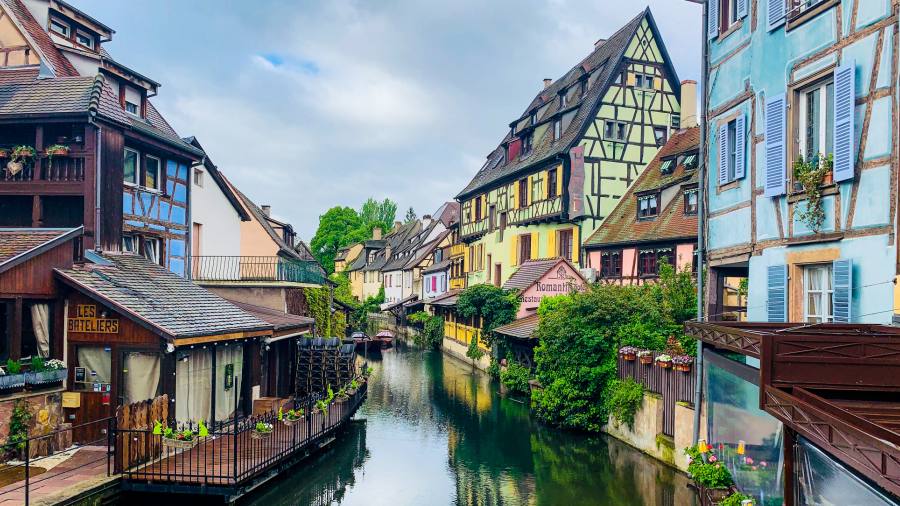



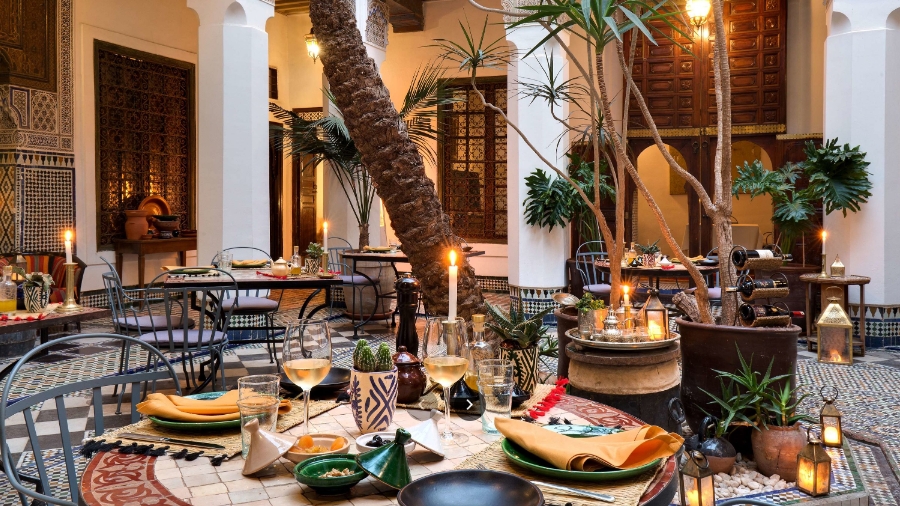


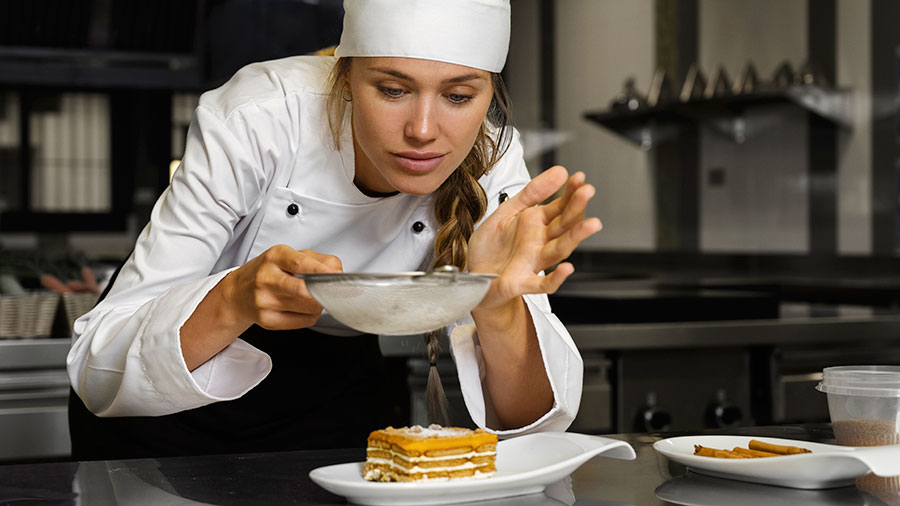

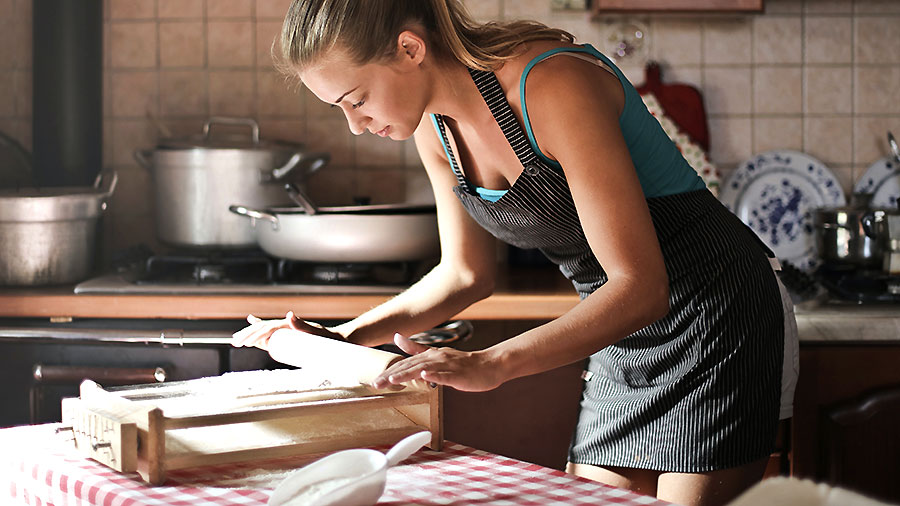
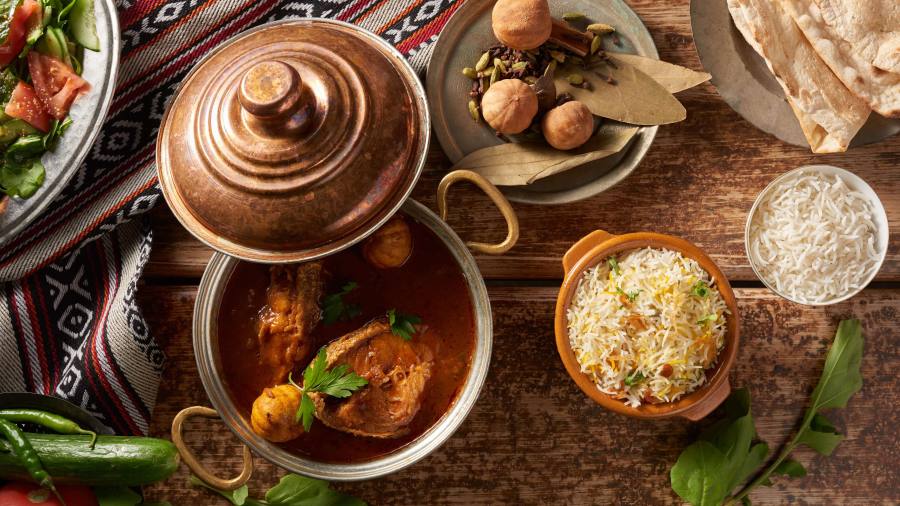

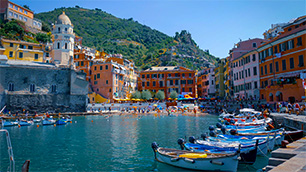 Gastronomy Cities
Gastronomy Cities
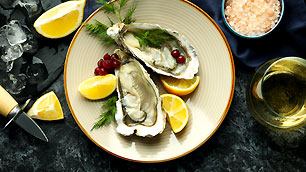 Amazing Food
Amazing Food
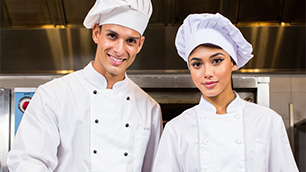 Chef's Talk
Chef's Talk